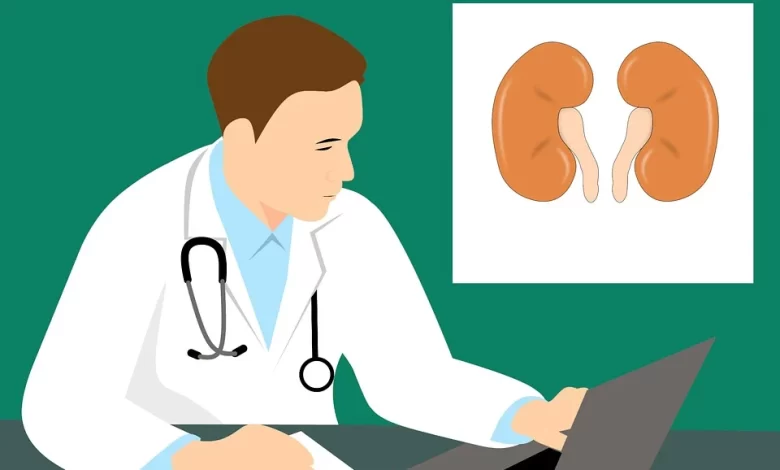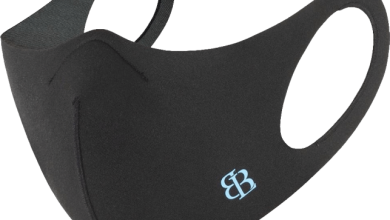
Acute kidney Injury can dangerous. Today an average patient diagnosed with multiple co-existing kidney Injury conditions. And taking in more therapeutic drugs, simultaneously as compared to a few decades ago. These drugs have the potential to be nephrotoxic as kidneys are the site of their detoxification.
Experts like Best Nephrologist in Lahore see many patients in clinical settings with drug-induced nephrotoxicity, which needs immediate medical attention.
Read on to know more about drugs that cause kidney injury, and are nephrotoxic.
What Is Acute Kidney Injury?
Acute kidney injury (AKI) or acute renal failure is when the kidneys face sudden damage over a matter of hours or days. This leads to renal shutdown and the buildup of waste products in the bloodstream.
Acute kidney injury can also be secondary to some other disorder and a complication of another illness. The loss of kidney function can be mild or severe, depending on the causative factor. It is essential for acute kidney injury to be treated timely. Before there is a serious buildup of waste and chemicals in the blood. In case of severe renal failure, temporary support from dialysis is provided.
What Are The Signs And Symptoms Of Acute Kidney Failure?
The symptoms of acute kidney injury include:
- Dehydration
- Drowsiness
- Confusion
- Urinating less than usual
- Nausea
- Swelling
- Seizures or coma in severe kidney failure
- Chest pain
What Are The Causes Of Acute Kidney Injury?
There are many different causes of acute kidney failure, divided broadly into: decreased blood flow to the kidneys (pre-renal), direct nephrotoxicity (renal), and blocked the flow of urine (post-renal).
Decreased Blood Flow To The Kidneys
In some illnesses, there is decreased blood flowing to the kidneys. For instance, in situations of shock, secondary to blood loss, the renal blood flow gets greatly reduced, leading to kidney injury.
In addition, severe dehydration, such as diarrhea or vomiting, can cause fluid loss, causing renal shutdown. Cardiovascular disorders like heart attack, heart failure, or infections of the heart can diminish renal blood flow.
Severe allergic reactions, major surgeries, burns, and other injuries can all lead to a renal shutdown. Disorders such as renal artery stenosis with a narrowing of vessels supplying blood to the kidneys put them at risk of acute kidney injury as well.
Direct Nephrotoxicity
Life-threatening conditions like sepsis put the kidneys at risk of injury.
Nephrotoxicity can also occur secondary to inflammatory disorders of the vessels supplying blood to the kidneys, called vasculitis, which can make them stiff and narrow.
Alternatively, tubular necrosis can occur secondary to inflammation of the kidney tubules which can cause direct nephrotoxicity, as can, damage to the connective tissue surrounding the kidney, which is known as scleroderma.
Multiple myeloma is a type of cancer that damages the kidneys and causes acute kidney injury. Drugs are another cause of acute kidney injury, as discussed below.
Blocked Flow Of Urine
When the flow of urine is blocked, it would definitely damage the kidneys ensues. This blockage can be caused by an enlarged prostate or cancer of the cervix, kidney stones, bladder infection, neurogenic bladder, and even blood clots in the urinary tract.
Drug-induced kidney injury?
Drugs are responsible for 20 percent of cases of kidney injury and renal failure. This rate is higher in older individuals with multiple co-morbid conditions. Drugs cause AKI through their effect on the renal artery and the kidney tubules.
Drugs notorious for causing acute kidney injury include:
- Antibiotics like cephalosporins, aminoglycosides
- Chemotherapeutic drugs like cisplatin
- NSAIDs like aspirin in high doses
- Gastric ulcer medication like cimetidine.
- Recreational drugs like methamphetamine
- Blood pressure medication like ACE inhibitors.
Patients with co-morbid conditions taking multiple drugs should inform their healthcare provider like Best Nephrologist in Islamabad of the drugs they are taking so the nephrotoxic drugs can be adjusted in dosage or given an alternate.





